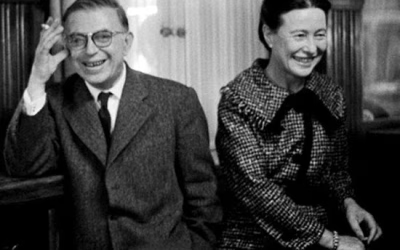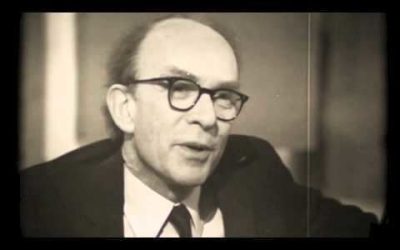Abstract
In this article I try to illustrate the reasons why Husserl included such a metaphysically challenging concept as the monad in his phenomenology. I will first offer a brief historical reconstruction of that path that led Husserl to such an introduction, and then focus on some key features of the Husserlian monad (immortality and unbornness, epistemic substantiality, plurality of monads, and uniqueness of the objective world). I will finally turn to a reflection concerning the phenomenological tenability of Husserlian monadology and weigh its merits and shortcomings.



